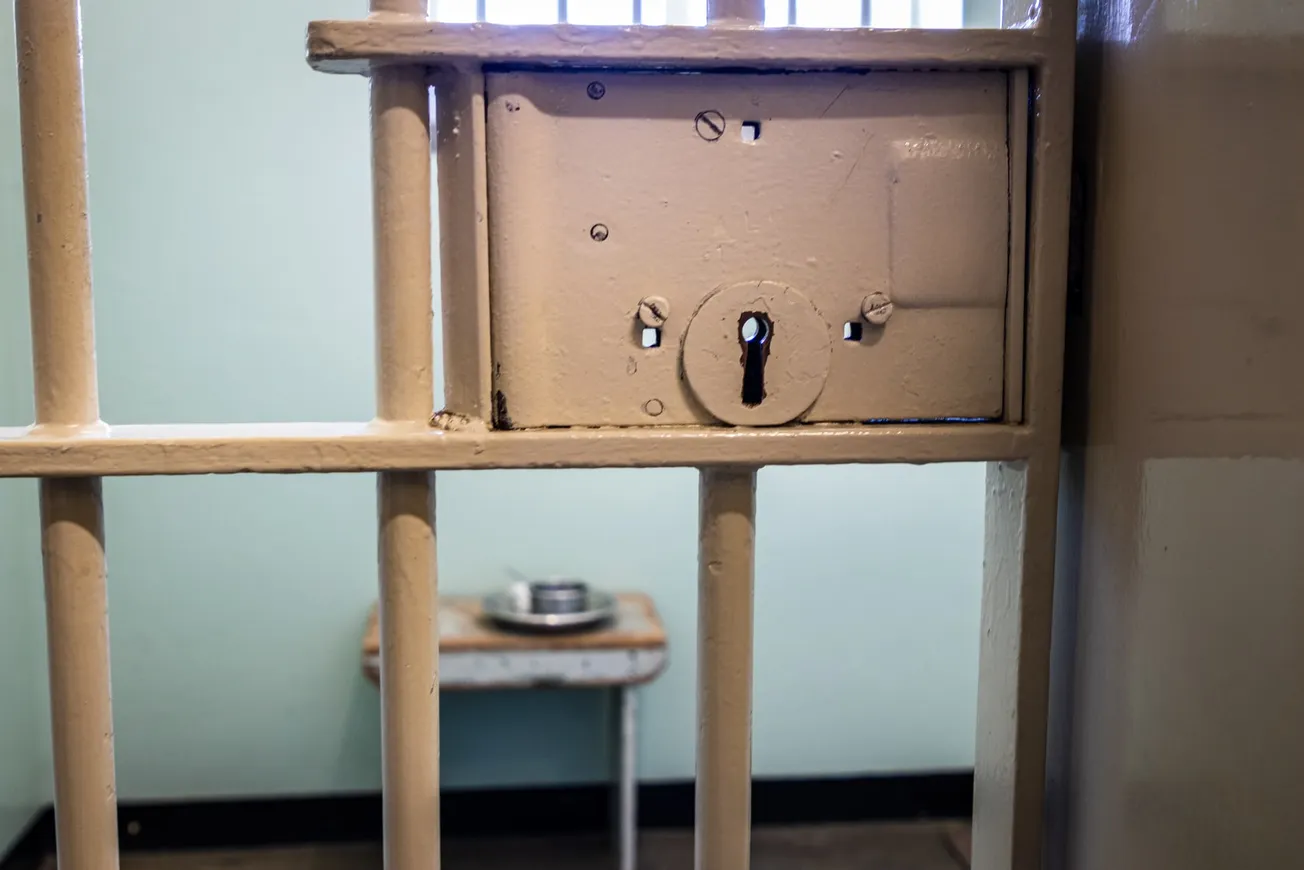Table of Contents
Should a life sentence actually mean “for life”? Call us naive, but I’m sure many of us would expect that “life” means “for the rest of their life”. But then, we’re not lawyers or “justice reform advocates”, so what would we know?
“Life” remains the most severe penalty available in Australia, but it rarely means anything near “for the term of his natural life”. In fact, the average “life” sentence in Australia is just 13 years.
There are those who think that that is manifestly insufficient, and that, for some offenders, “rehabilitation” is a chimaera. Some people, they argue, simply do not deserve to be free, ever again. They also constitute just too great a risk to everyone else to ever be allowed among us.
Janelle O’Connor has seen evil, and she thinks some people are beyond redemption.
Aged 16, she was physically assaulted, gang raped and ordered to dig her own grave after catching a lift to a party with a group of men — some of whom she knew.
The Burnie schoolgirl only escaped the Christmas Eve attack alive because the ute she was travelling in crashed […]
“If you’re going to rape and murder someone, you’re giving these people a life sentence,” Ms O’Connor said.
“Why aren’t the perpetrators being given a life sentence?”
Why, indeed?
The Tasmanian government has previously attempted to introduce mandatory sentencing laws. Its Dangerous Criminals and High Risk Offenders Bill is another attempt to ensure that the worst offenders are held accountable for the rest of their lives. But Attorney-General Elise Archer says that powerful political opposition has stymied its efforts.
Ms Archer said the government’s previous attempts at introducing mandatory sentencing had been “blocked by Labor at every turn”.
“I have met with victim-survivors and I am currently seeking advice from my department on any further action that can be taken to ensure our sentencing laws reflect community expectations,” she said.
“We have already acted in this area by passing the Dangerous Criminals and High Risk Offenders Act 2021 which allows for indefinite detention of dangerous criminals, and carefully-supervised release of high-risk offenders after their sentences end.
“This is a significant step in protecting Tasmanians, but if stronger action is required, we will take advice, including from victim-survivors, and consider it.”
Perhaps Labor and their Green allies in Tasmania’s upper house ought to consider the horrifying case of Tameka Ridgeway.
Her rapist Jamie John Curtis was released on parole early this year after serving decades behind bars for the sexual assault of Ms Ridgeway and murder of her fiancee Dean Allie.
ABC Australia
Curtis’ crimes were shocking, perpetrated at random on innocent strangers. The full story can be found here.
Ms Ridgeway was 17 and engaged to 22-year-old Dean Allie when Curtis, then aged 30, and a teenaged co-offender forced their way into their Glenorchy home in February 1986, repeatedly raping and torturing her and Mr Allie inside their home over 12 hours.
They then drove the couple to Gretna, where they stabbed Mr Allie 12 times.
They were only caught because they drunk themselves into a stupor, and Ridgeway was able to escape and seek the help of a farmer.
In sentencing, then-chief justice William Cox said Curtis’s conduct was a “sustained course of brutal abduction, assault, sexual abuse and ultimately murder ” over a period of 12 hours.
Chief Justice Cox noted that the conduct was “unprovoked, brutal, prolonged, indiscriminate and callous”.
“In the scale of seriousness of criminal conduct culminating in murder, this case ranks amongst the worst one is likely to encounter,” he said.
Oh, but “rehabilitation”!
Curtis was released for a short time in 2018 but within weeks had breached the conditions of his parole by using fake names to sign up to multiple online dating sites.
He was locked up again and has made a number of unsuccessful applications for parole since.
The Parole Board will not comment on why it chose to release him this time.
ABC Australia
Australian Lawyers Alliance national criminal justice spokesman Greg Barns said he was not supportive of the proposal […]
“Life sentence without parole is unconscionable in any legal system, irrespective of the offence, because one of the purposes of sentencing is rehabilitation.”
He also said he believed it had “zero deterrent effect”.
The rest of us, thankfully unencumbered by a law degree, might argue that that’s beside the damned point. Sentencing is also supposed to be about punishment. The worst crimes earn the most severe punishments.
“Some people can’t be rehabilitated, some perpetrators, murderers, have proven they can’t be trusted in society,” Ms O’Connor said.
Fellow campaigner Eileen Culleton, whose sister Anne-Marie was raped and murdered by a stranger in her own bed in Darwin in 1988, agrees.
“Victim families and the community need to know that when a rapist-murderer commits that crime, that they are behind bars for life, never to be released,” Ms Culleton said.
“The justice system is broken. A life sentence is not a life sentence anymore.”
ABC Australia
Please share this article so that others can discover The BFD









